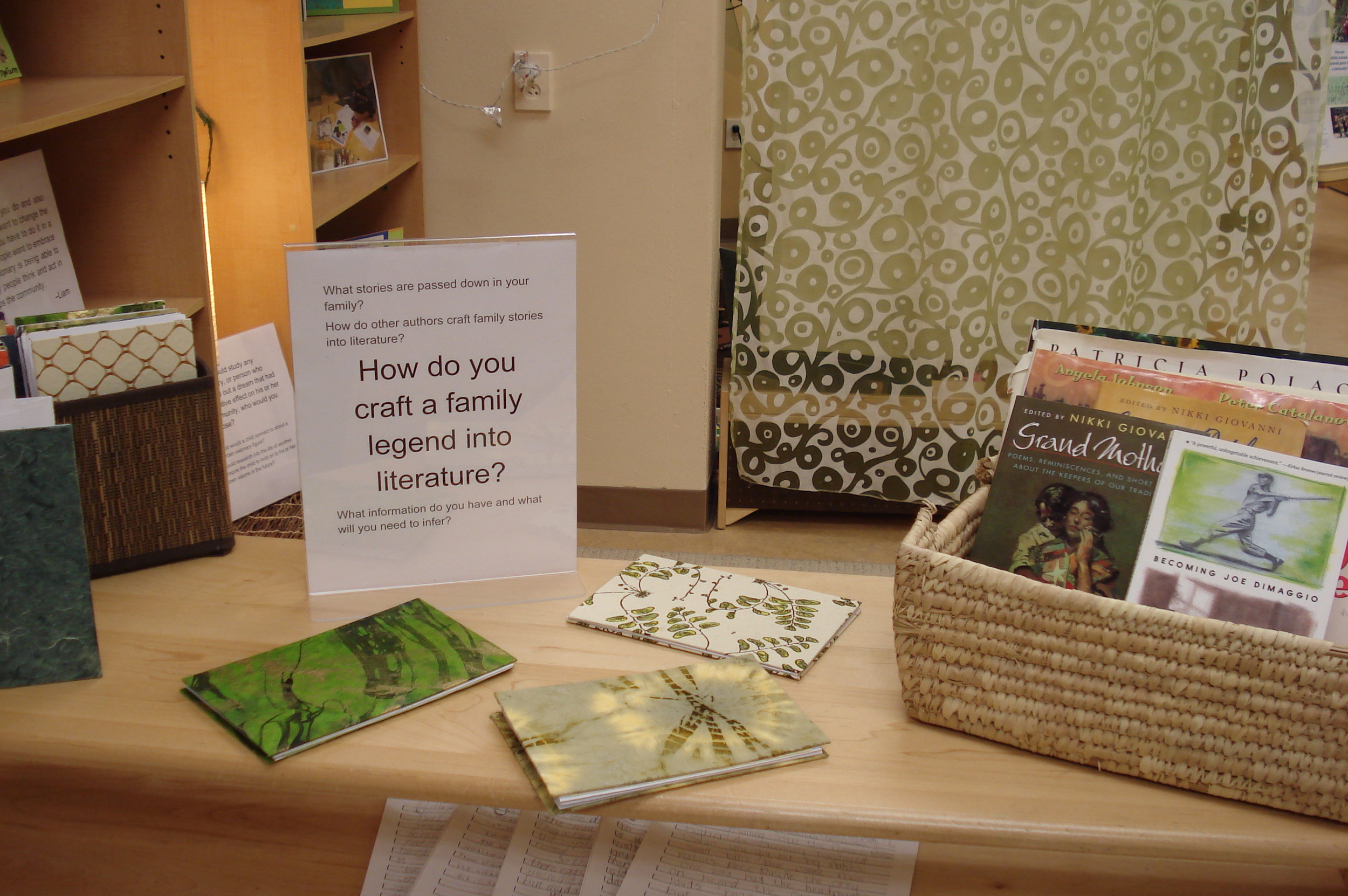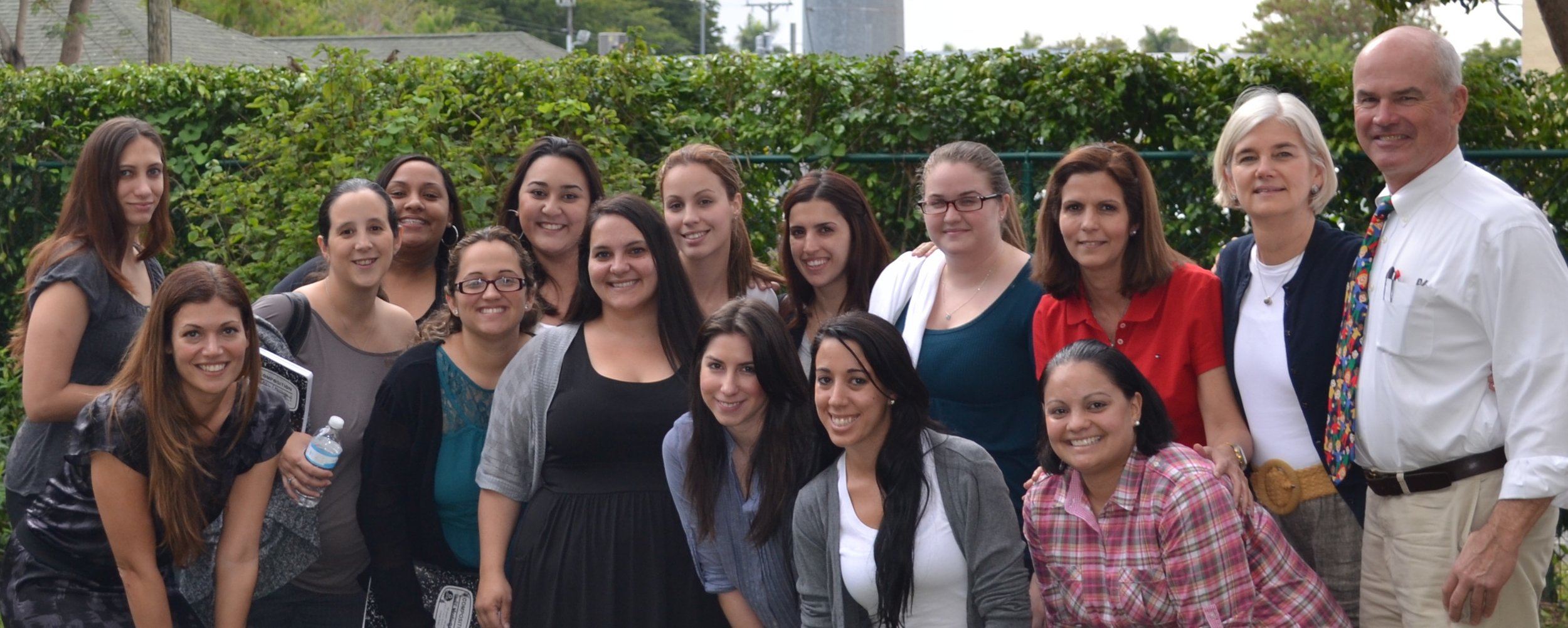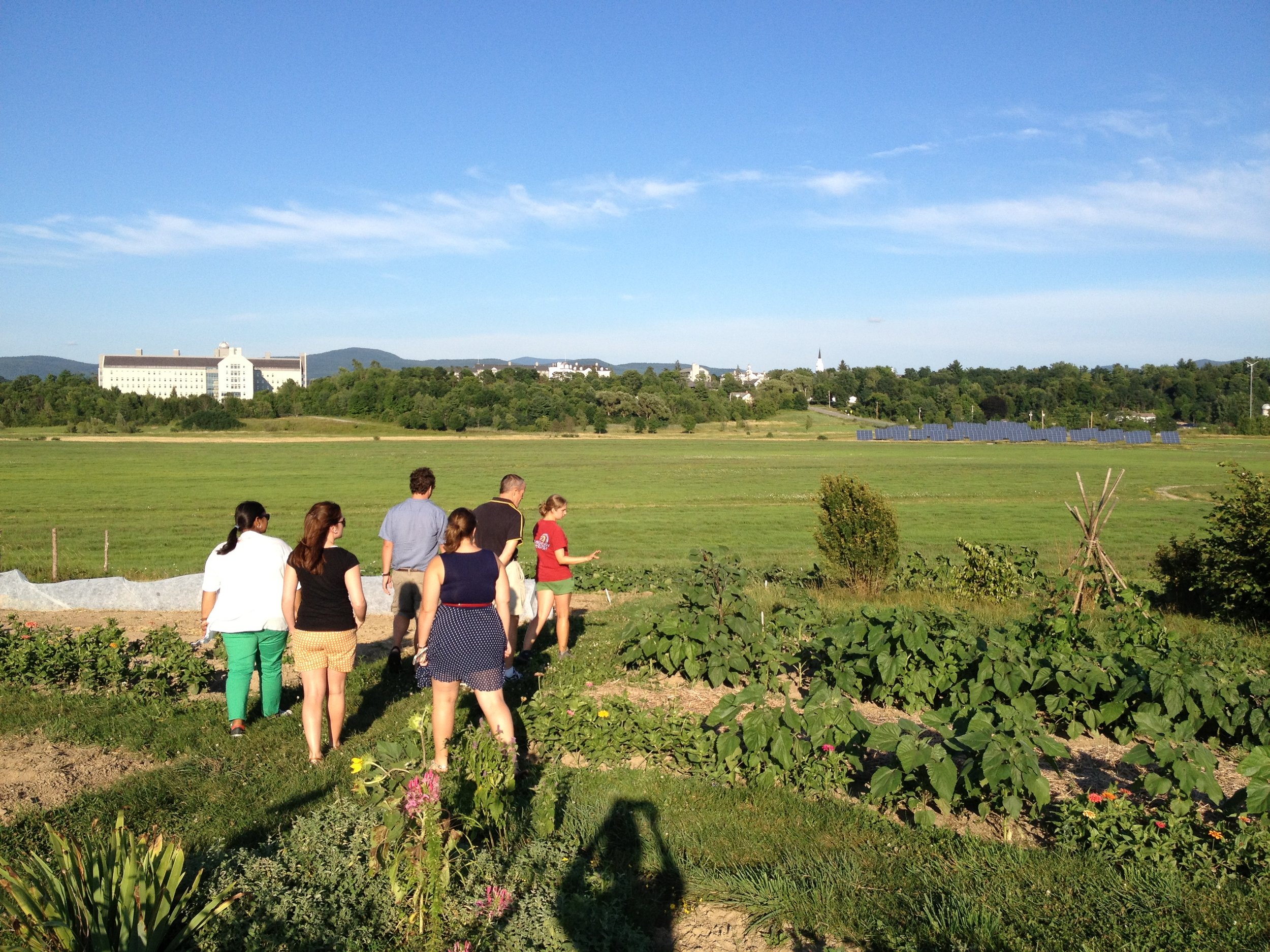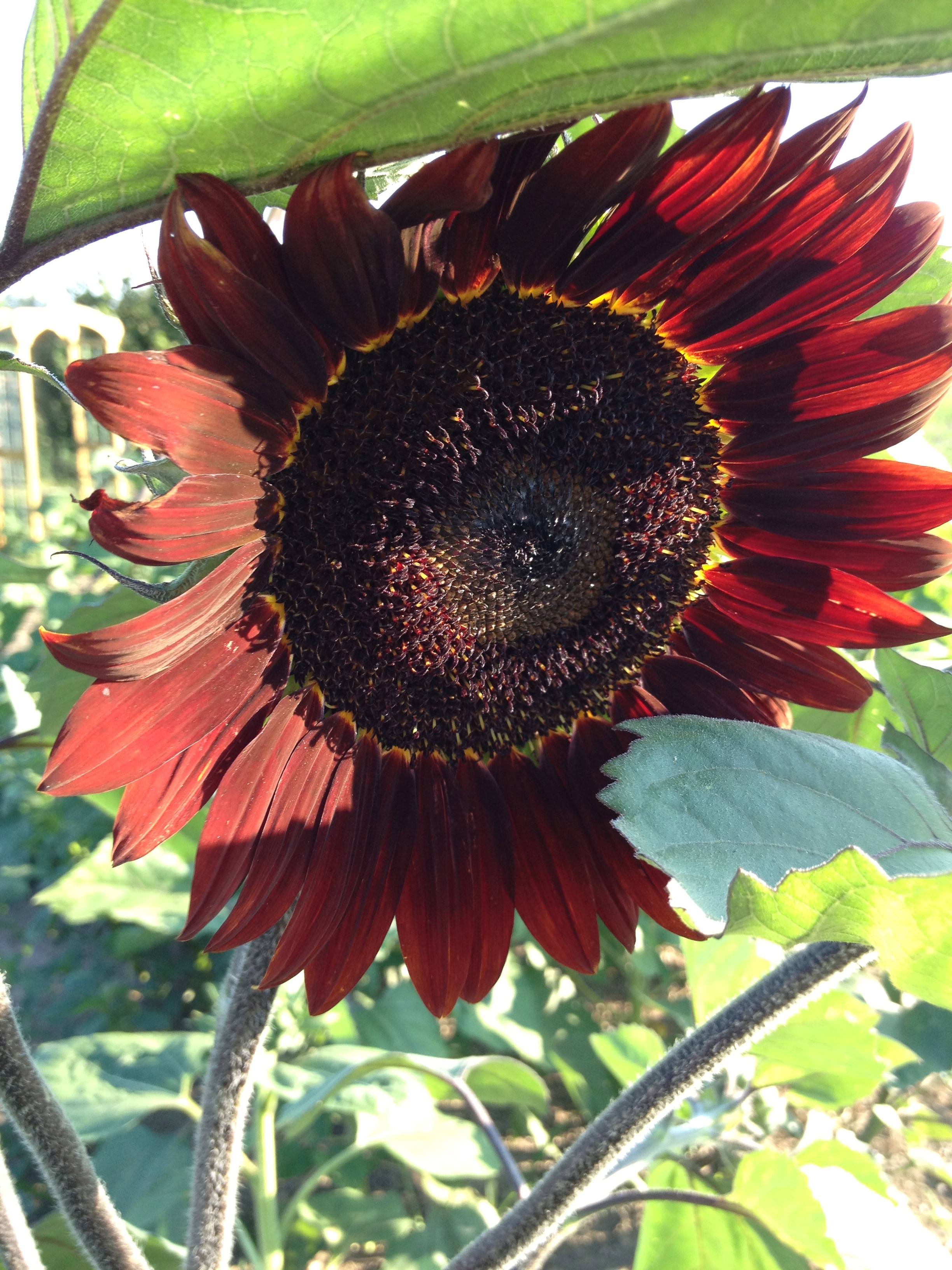I have long been an admirer of Opal School for many reasons. One of those reasons has to do with their well researched, rich and irresistible approach to literacy. Now, you can follow the Opal School Blog and read learning stories and see images that come from the on-going, exemplary work at Opal School in all areas including literacy. This morning, I was re-reading some of their past blog posts.
Here are some excerpts from March, 2012:
Long before children learn to read the words they'll find in books, they learn to read the world. In this sense, learning to read is learning to make meaning of life. Children are natural researchers, searching for meaning in all their interactions. The quality of the meaning they make from their environment is strongly influenced by the relationships they form with people, animals, objects, and the special places that they explore, visit, and revisit.
With a new grand baby, I am amazed, all over again, at the forms that reading the world take for an infant. One of my favorite early memories of my first grandchild will always be a long, drawn out cooing conversation that we had last week when I was entrusted to be a caregiver for the whole day! Asher looked up at me from his crib on his back and sang to me, as far as I could tell, about the wonders of his world and the serious joy he felt to be here.
As we all begin a new school year, with children of all ages, let us follow the lead of the educators at Opal School.
At Opal School we build on the reciprocity inherent in this desire to be in relationship with the world. We know that human beings desire not only to see, but equallly to be seen. A school environment that trusts this drive to communicate can build environments to support it. As children grow in this environment, we see increasingly sophisticated development of both expressing and interpreting words on the page. We also see sustained joy in the rich potential that communicating well with carefully chosen words can bring.









